
Game Changer: New Urine Test Detects Pancreatic and Prostate Cancer Early with 99% Accuracy
Game Changer: New Urine Test Detects Pancreatic and Prostate Cancer Early with 99% Accuracy

When it comes to cancer, early detection can be the difference between life and death. Unfortunately, some cancers, like pancreatic and prostate cancer, are notoriously stealthy. They often grow silently, only showing obvious symptoms once they're already in advanced stages. That's why scientists are constantly searching for better, easier, and faster ways to detect cancer while there’s still time to fight it.
Now, a group of researchers in South Korea may have made a major leap forward with something as simple and familiar as... pee.
How a Simple Urine Test Could Revolutionize Cancer Detection
Scientists at the Korea Institute of Materials Science have developed a groundbreaking urine-based test that can detect early signs of pancreatic and prostate cancer with astonishing accuracy—up to 99%. The secret lies in a sophisticated combination of advanced sensor technology and clever molecular analysis.
It turns out, urine is more than just waste. It carries tiny molecular clues that hint at what's happening inside the body. When cancer is present, the mix of substances in urine subtly changes. The challenge has always been figuring out how to reliably and quickly spot those differences.
That’s where the team’s new approach comes in. They designed a test strip and a handheld device that uses a technique called Surface-Enhanced Raman Scattering (SERS). While it sounds technical, the basic idea is this: the tool zeroes in on "hot spots" in the urine—places where cancer-related molecules are more concentrated—and then amplifies their signals so they can be identified more clearly.
Once the test kit was ready, the researchers put it to the test using urine samples from:
-
19 people with pancreatic cancer
-
39 people with prostate cancer
-
60 people without cancer (a mix of men and women)
The result? The test correctly identified cancer in an impressive 99% of the samples. This level of accuracy is a monumental achievement.
Why This Breakthrough Matters
Let's look at the impact this could have.
Pancreatic cancer is particularly deadly, with only about 12% of patients surviving five years past diagnosis. It's also becoming more common, especially among younger women—most notably Black women under 55, where rates have risen over 2% in recent years.
Prostate cancer, on the other hand, has a much higher survival rate—about 97% over five years—but it still affects 1 in 8 men. And while it's generally easier to detect than pancreatic cancer, current screening methods can be uncomfortable, costly, or both.
Right now, screening for these cancers typically involves procedures like CT scans, MRIs, blood tests, or rectal exams—none of which are particularly pleasant or ideal for regular, widespread testing. A simple urine test, however, changes the game. It's noninvasive, potentially inexpensive, and could easily be done more often—perhaps even at home.
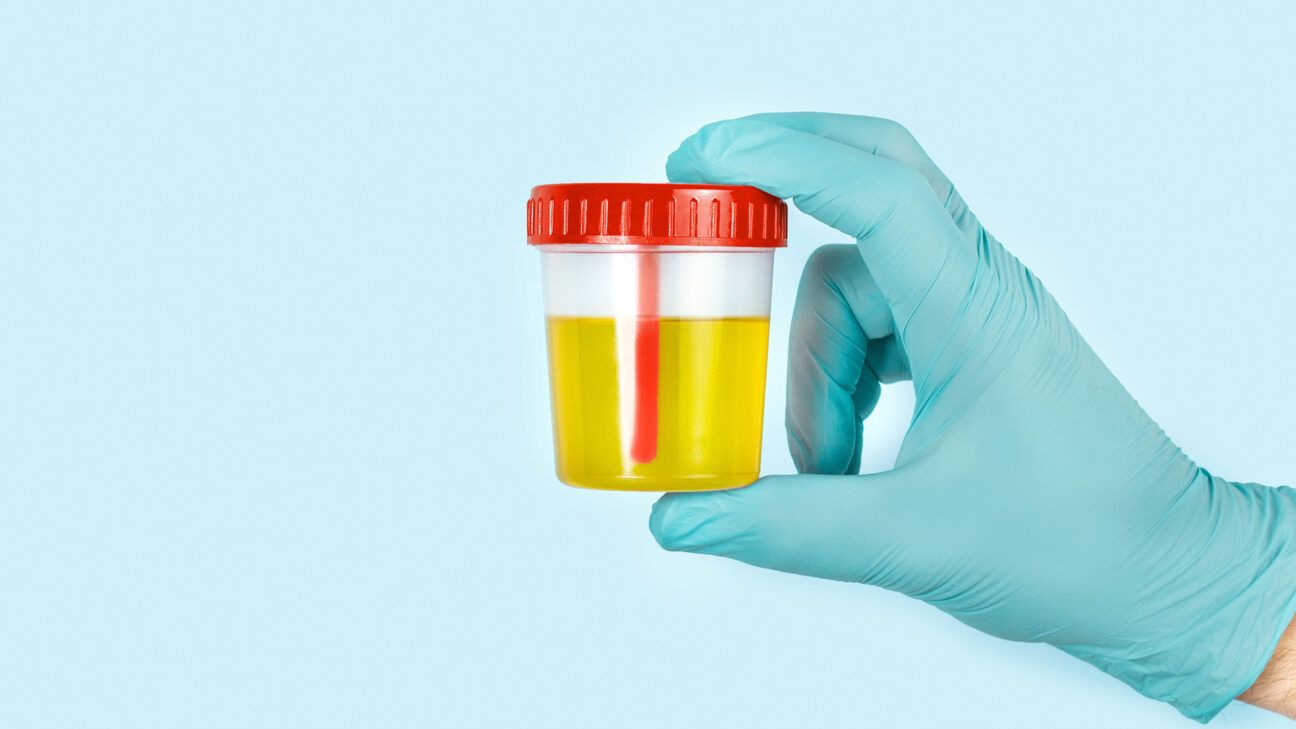
Expert Reactions: A Major Step Toward Early Detection
Dr. Ho Sang Jung, the lead scientist behind the new test, is highly optimistic. "Since early diagnosis is the most important for incurable diseases such as cancer, we expect this technology to provide a new diagnostic method," he stated.
Medical experts outside the study agree on its potential. Dr. Domenech Asbun, a surgeon at the Miami Cancer Institute, highlighted that this test skillfully combines sophisticated science—both physics and artificial intelligence—to tackle an age-old problem: how to detect dangerous cancers early, before they silently spread.
If these promising early findings hold up in larger trials, Dr. Asbun believes this approach could lead to real-life tools that catch cancer in its earliest stages and ultimately save lives.
What's Next? Expanding Horizons and Home Kits
The research team isn't stopping with just pancreatic and prostate cancer. They're now testing their method on other cancers, including lung and colorectal cancer. If the technology continues to perform well, the next ambitious step is to develop it into a home-testing kit—the kind you could potentially buy at a pharmacy or use with your doctor’s guidance.
According to Jung, "Because the developed diagnostic method uses urine, it is noninvasive. It would be more beneficial in terms of usability when applied for self-testing or rapid kits at home, in pharmacies, or anywhere they can provide some clinical information."
In other words, one day soon, your bathroom medicine cabinet might contain a simple strip that gives you an early warning—possibly long before any symptoms even appear.
When AI Meets Early Detection: The Future of Health Monitoring
The rise of artificial intelligence in healthcare isn't just transforming how doctors work; it's changing how we interact with our own health. One vivid example comes from a growing number of AI-powered smartphone apps that can scan skin blemishes, moles, or rashes and alert users if something looks suspicious—potentially pointing to skin cancer.
These apps often use advanced machine learning models trained on thousands (or even millions) of dermatological images. Users simply snap a photo of the area in question, and the AI analyzes it, flagging patterns or features that match common skin cancer markers like asymmetry, irregular borders, or unusual pigmentation. While not meant to replace a dermatologist, these tools are like having a virtual doctor in your pocket—one that's available 24/7 and doesn't require an appointment.
Much like the new urine-based cancer test, these AI apps represent a significant shift toward early, accessible, and noninvasive diagnostics. They put more power directly into the hands of everyday people, giving them the ability to monitor their own health in real time.
This trend—tech-driven, user-friendly, and proactive—is becoming the future of medicine. Instead of waiting for symptoms to force us into the doctor’s office, tools like the urine test and skin cancer scanner allow us to quietly and consistently check in with our bodies. These innovations bridge the gap between science and convenience, making it easier to catch serious conditions before they spiral into medical emergencies.
As these technologies improve, it's not hard to imagine a near future where a single home health station—perhaps the size of a shoebox—could scan your skin, test your urine, analyze your voice for stress, and monitor your breath for illness indicators. With AI analyzing data in real time, and sensors getting smaller and smarter, the line between clinic and home is blurring fast.
In this context, the urine-based cancer detector doesn’t just stand out as a breakthrough—it fits right into a broader pattern of digital health democratization, where everyone, regardless of income or geography, could soon have access to life-saving information with just a few clicks or swipes.
What are your thoughts on having advanced health tests, like a cancer screening, available as an at-home kit?
News in the same category


How to Get Rid of Worms in Humans (Including Parasite Cleanse Diet)
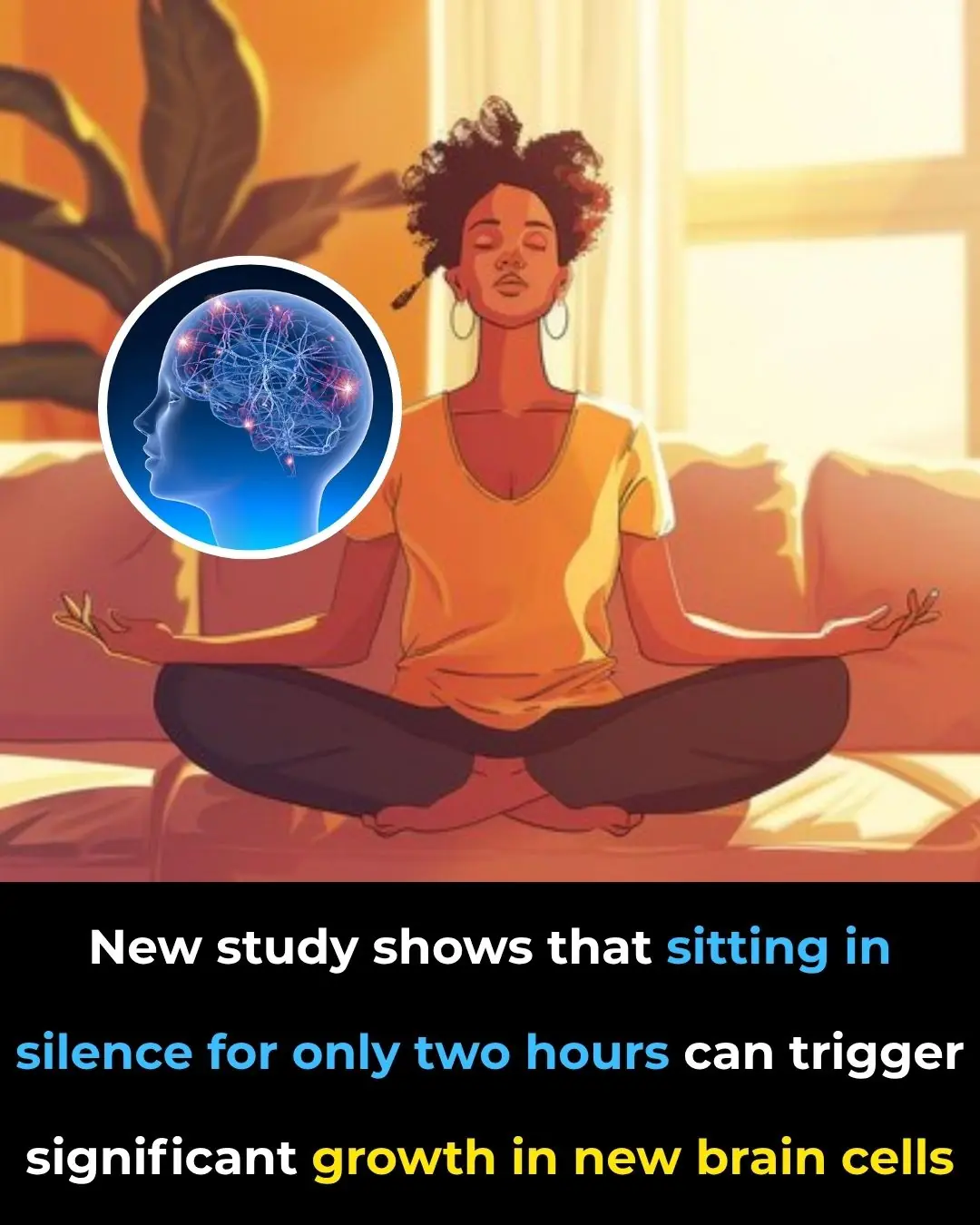
How Two Quiet Hours a Day Can Rebuild Your Brain

13 Warning Signs of High Blood Sugar and 9 Ways to Take Control of Your Health
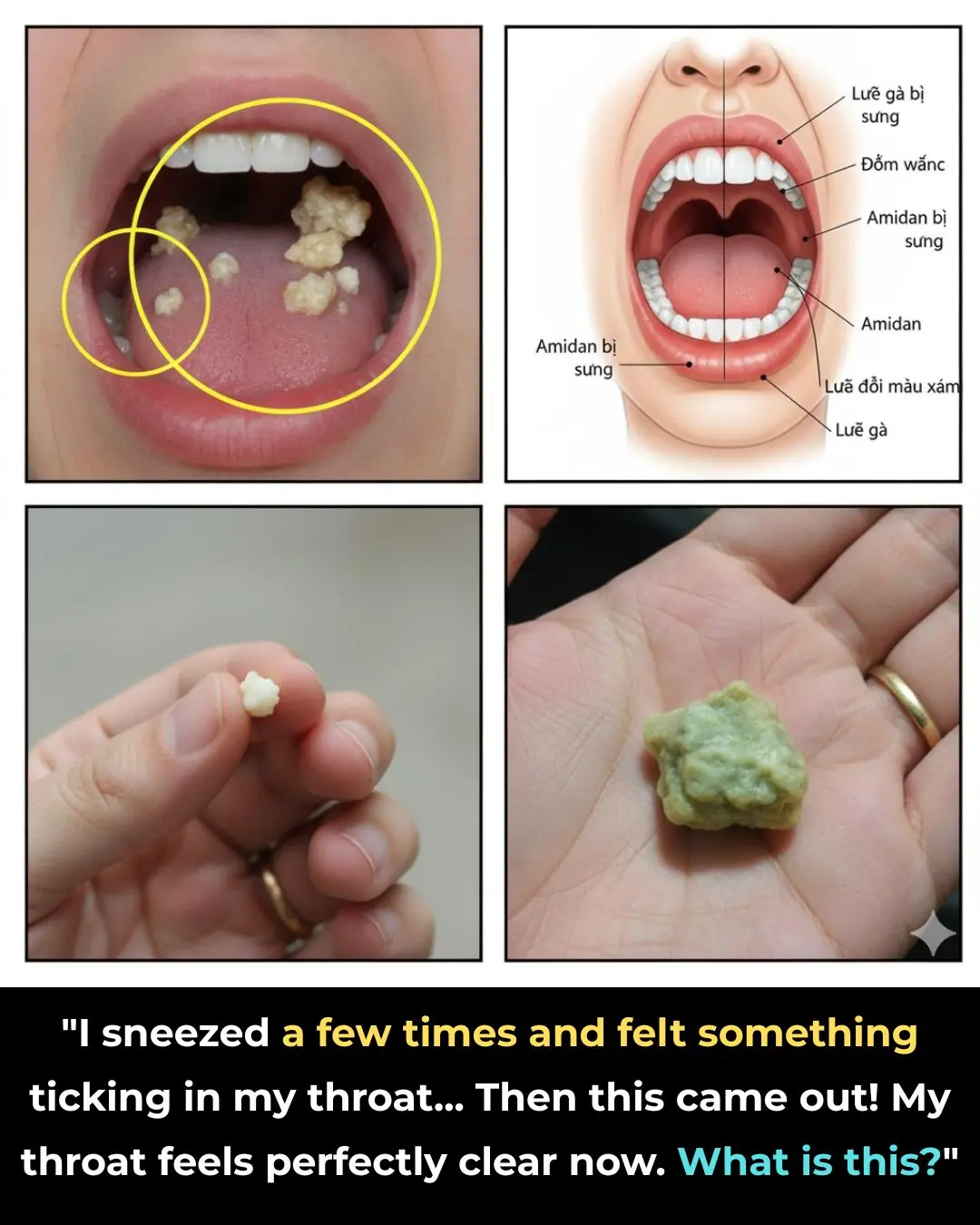
What Are Tonsil Stones
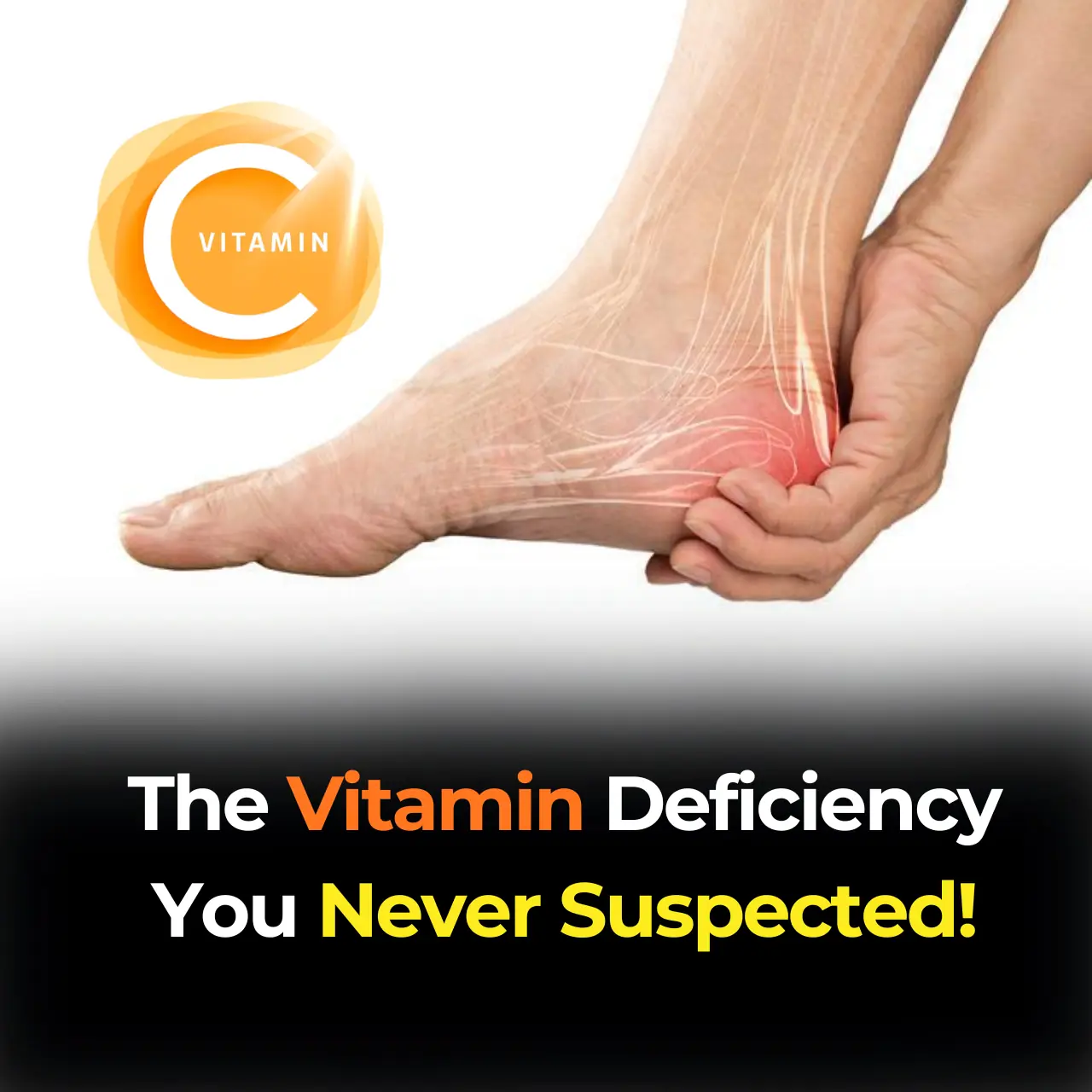
Nerve Pain Relief? The Vitamin Deficiency You Never Suspected!
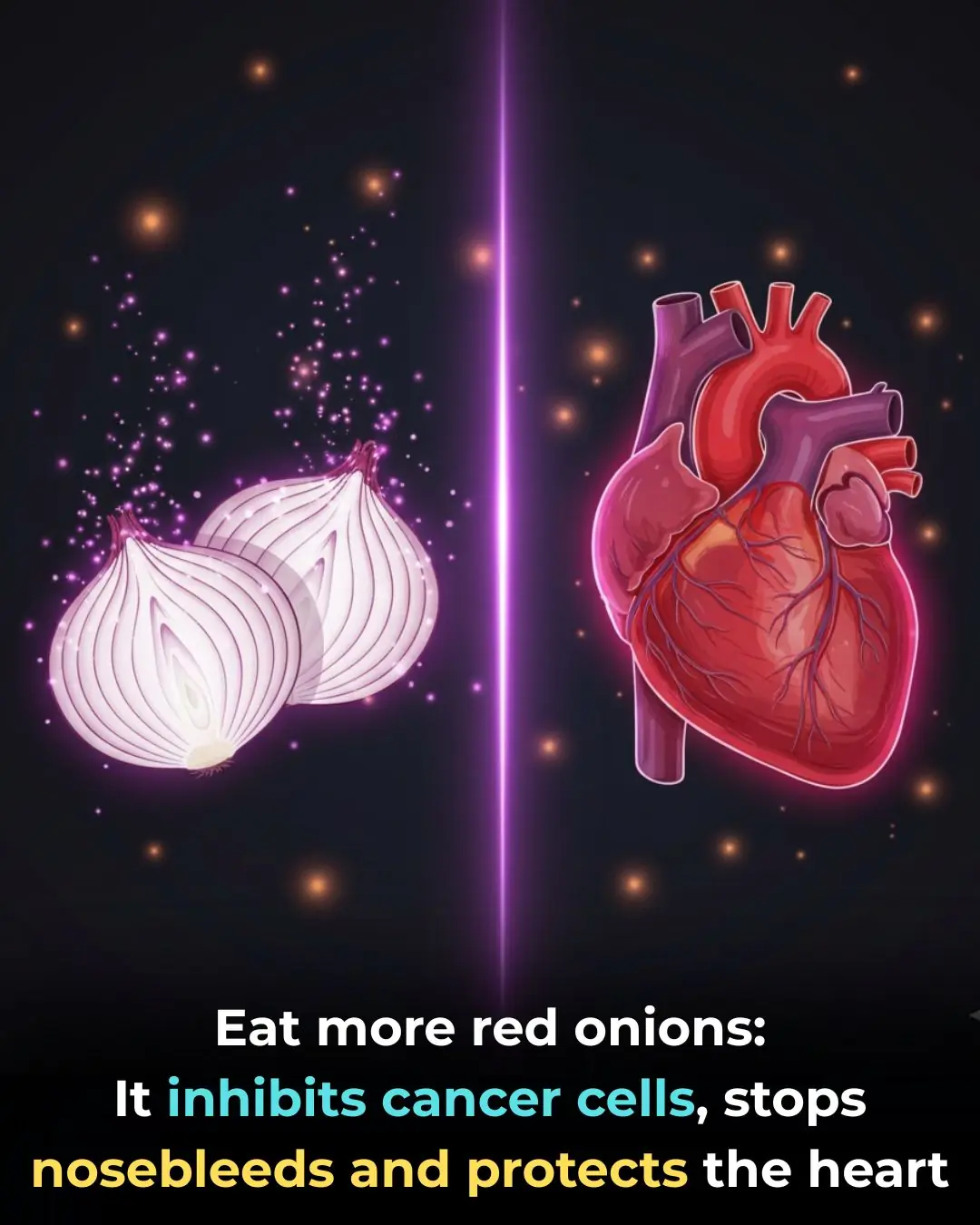
Eat More Red Onions: It Inhibits Cancer Cells, Stops Nosebleeds And Protects The Heart

7 Easy Ways To Quickly Unclog Your Lymph Nodes To Reduce Swelling And Flush Out Toxins
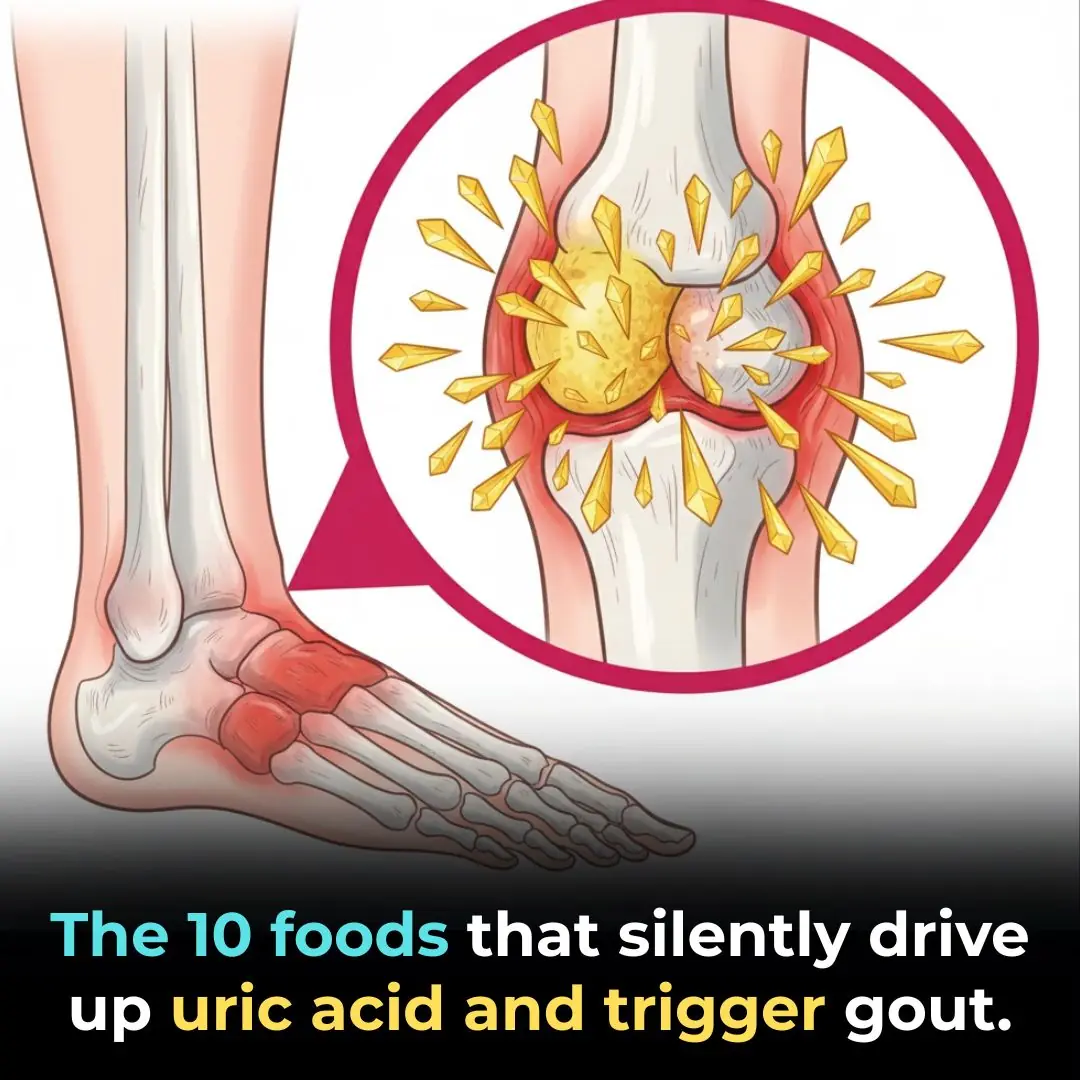
Top 10 Uric Acid Foods To Avoid If You Have Gout

Five “Dirtiest” Parts of the Pig That Butchers Never Take Home for Their Own Families
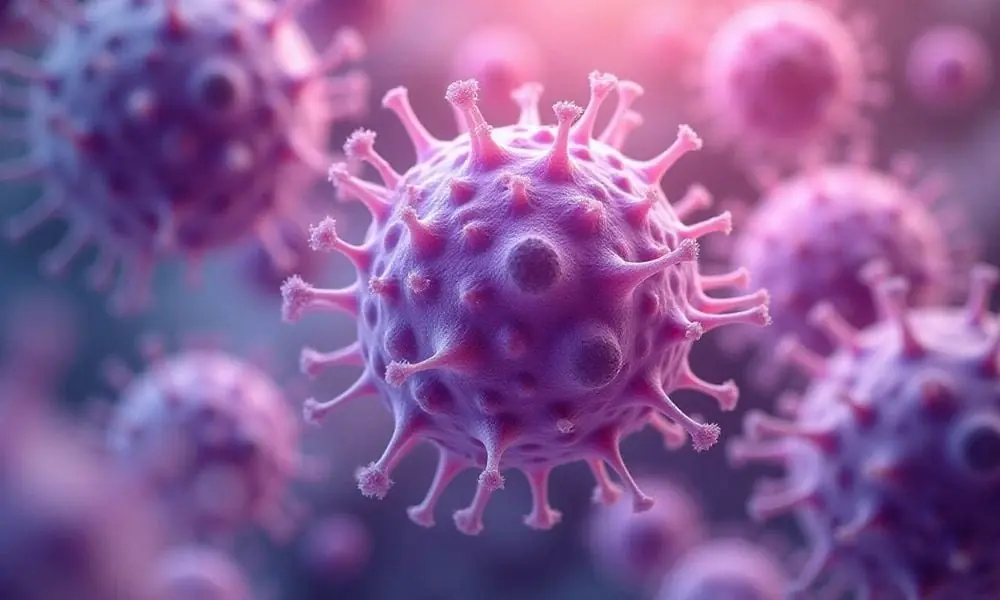
The Whole Family of Three Was Diagnosed With Thyroid Nodules; the Mother Collapsed: “I Thought Those Two Things Were Always Good to Eat and Could Prevent Cancer”
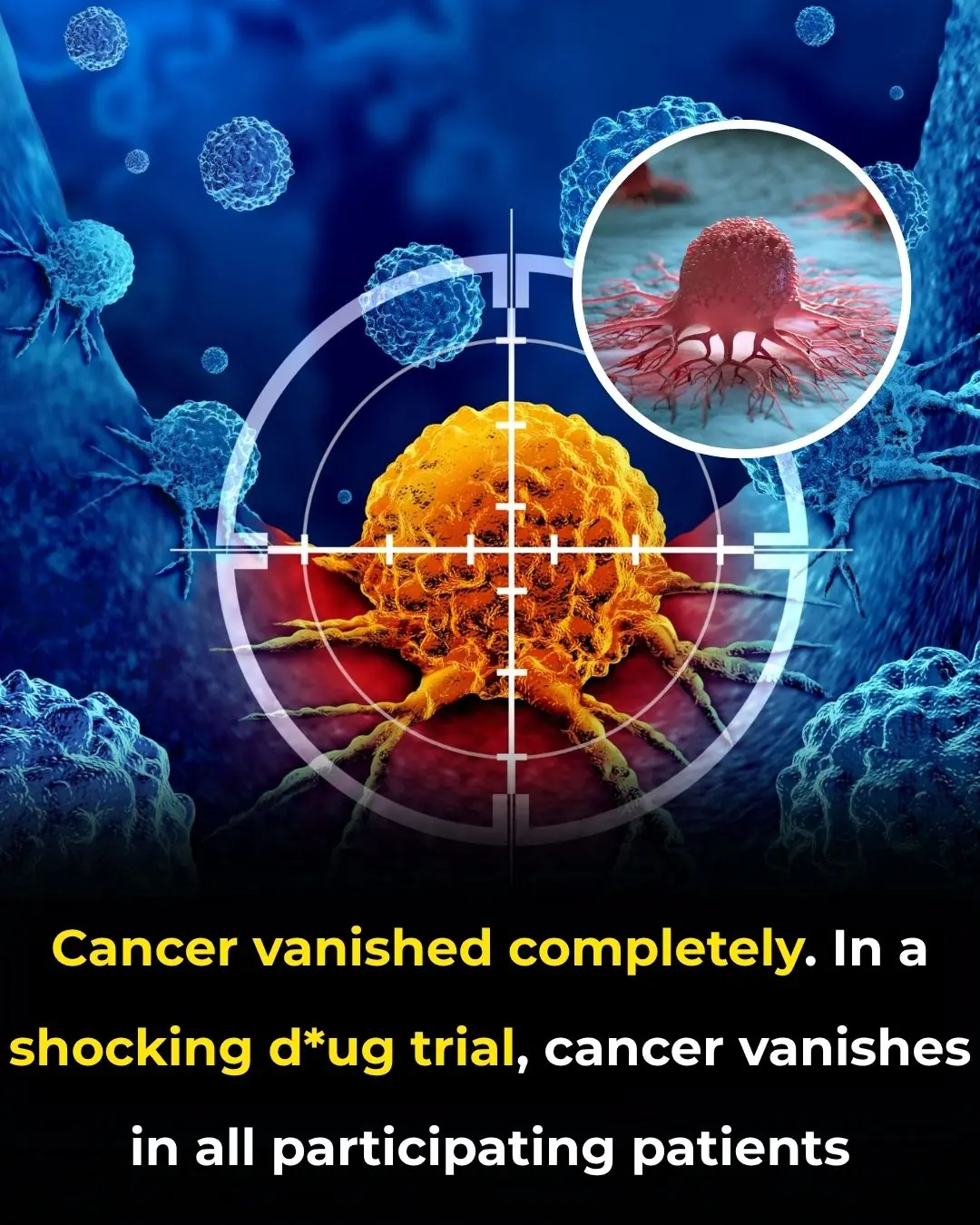
Breakthrough Cancer Treatment Offers Unprecedented Hope for Patients

Top 10 foods that unclog arteries naturally and prevent heart attack
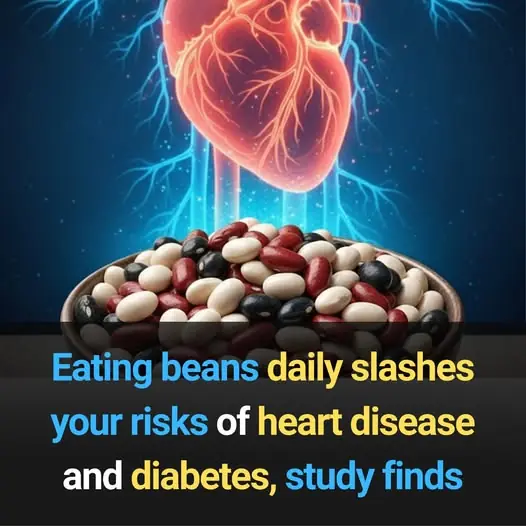
Eating beans daily slashes your risks of heart disease and diabetes, study finds

The #1 plant to eliminate mucus and phlegm instantly (how to use it!)
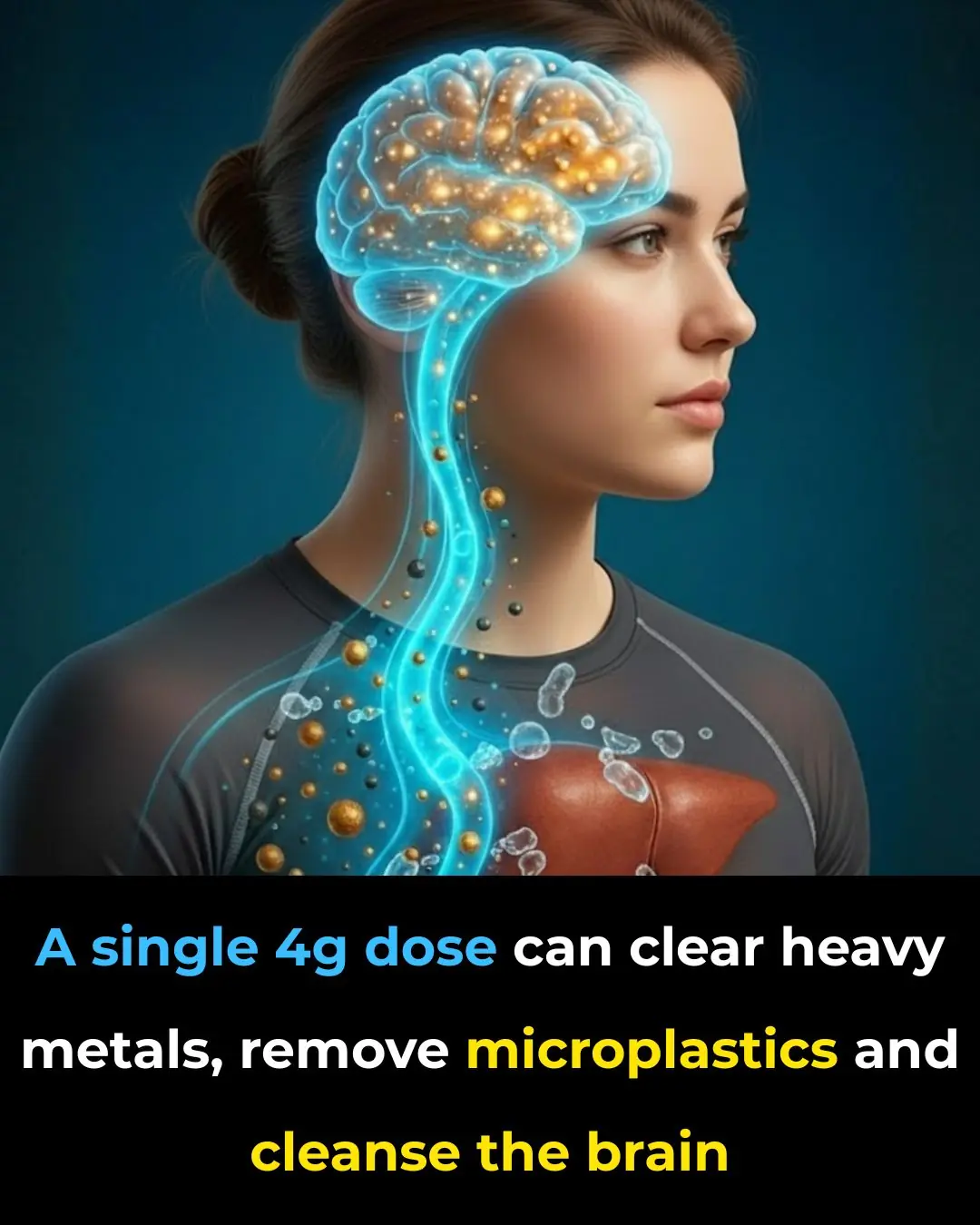
A single 4g dose can clear heavy metals, remove microplastics and cleanse the brain (do not use daily)

13 Surprising Signs Your Body Is Crying Out for Hydration
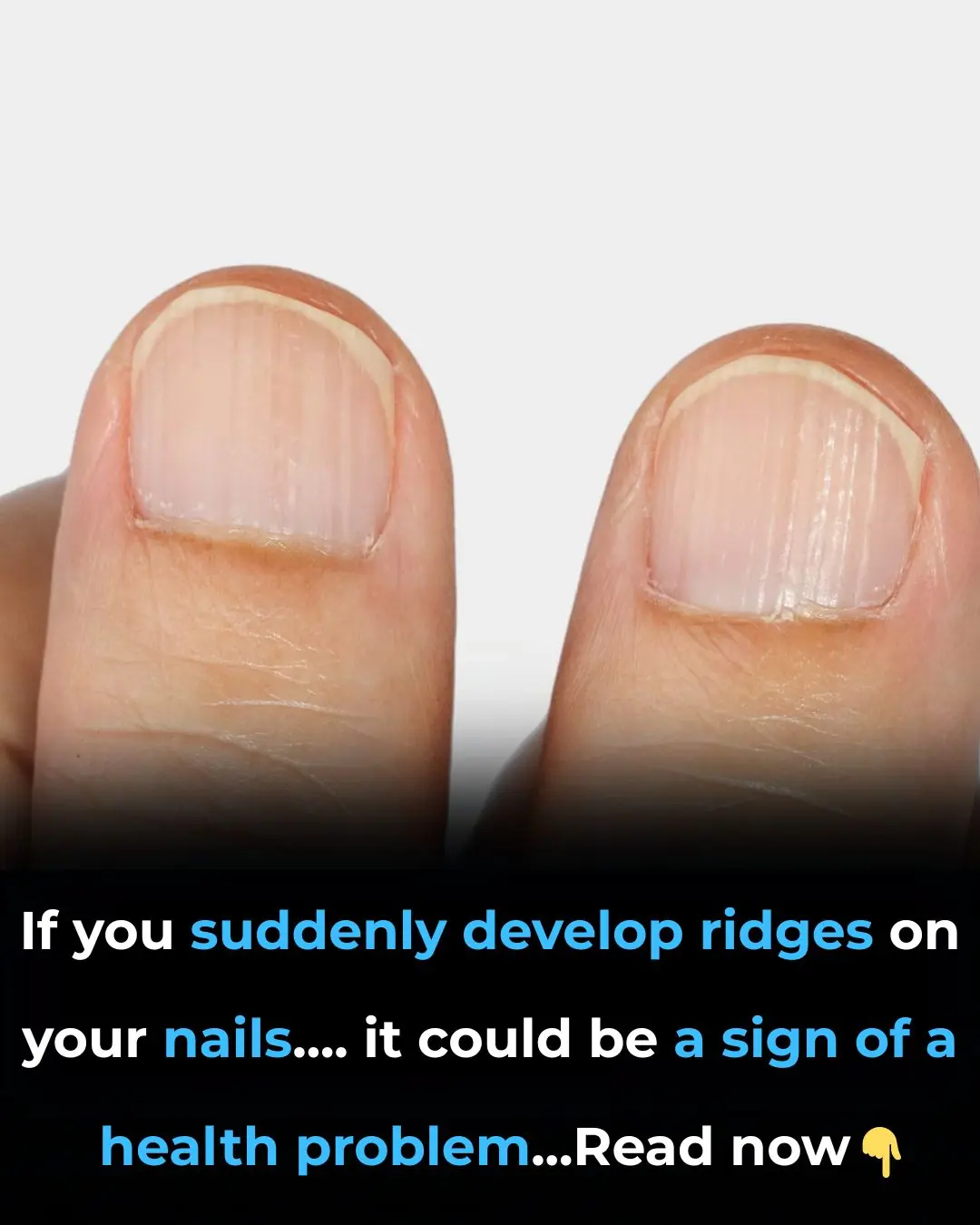
If You’ve Noticed Ridges in Your Fingernails, This Is What It Really Means
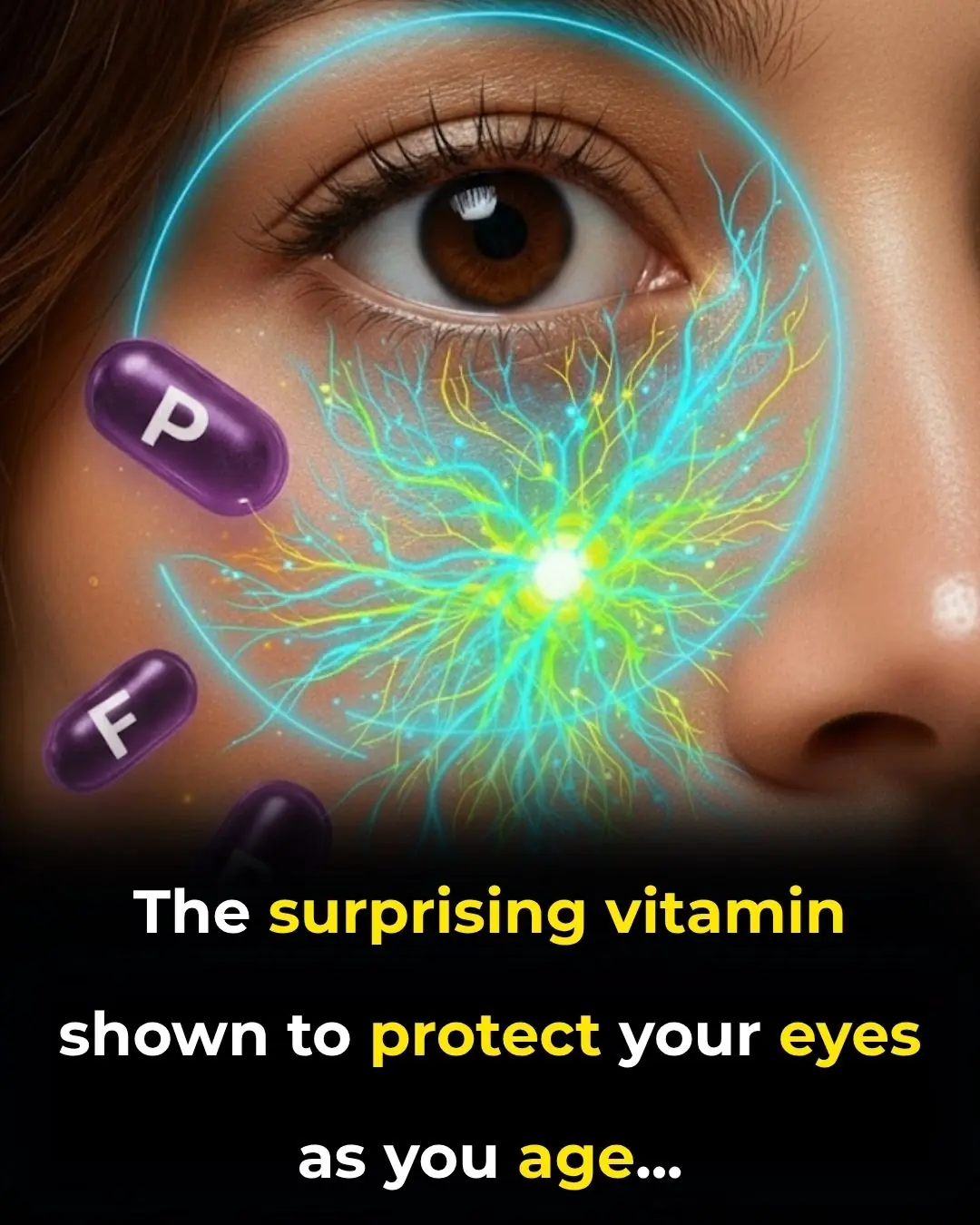
Research reveals the #1 vitamin for eye protection

5 Herbs Your Liver Wished You’d Start Eating More Often (Or At Least Try!)
News Post

I’m A Celebrity star Alex Scott on her ‘violent’ upbringing and impact on relationship with girlfriend Jess Glynne

I’m A Celeb 2025 star Aitch slammed as ‘disrespectful’ after exposing ex for soiling the bed

Riot Women ending: Kitty’s double prison twist as Sally Wainwright drama concludes series one on BBC One

Comedian Jeff Dye joins Hollywood exodus, says Newsom ‘scares the s–t out of me’

Jelly Roll battled severe isolation and illness during grueling foreign tour: ‘I want to go home’

DIY Fenugreek Oil for Hair Growth – Get Thick Hair

Coffee For Anti-Aging, More Powerful Than BOTOX
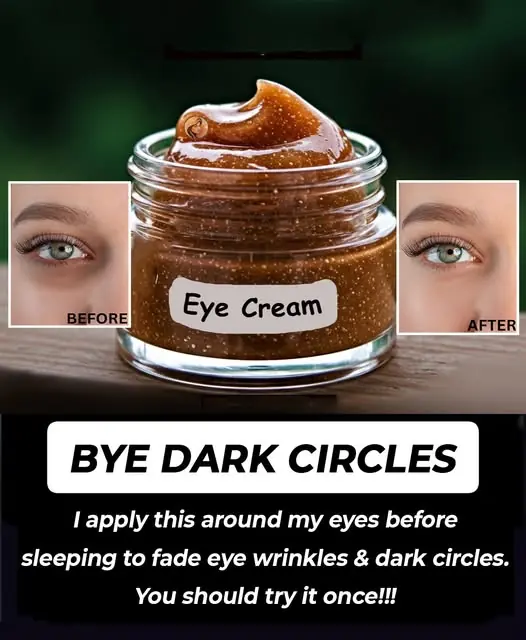
Best Coffee Eye Masks to Get Rid of Dark Circles | Under Eye Wrinkles | Eye bags & Puffy Eyes
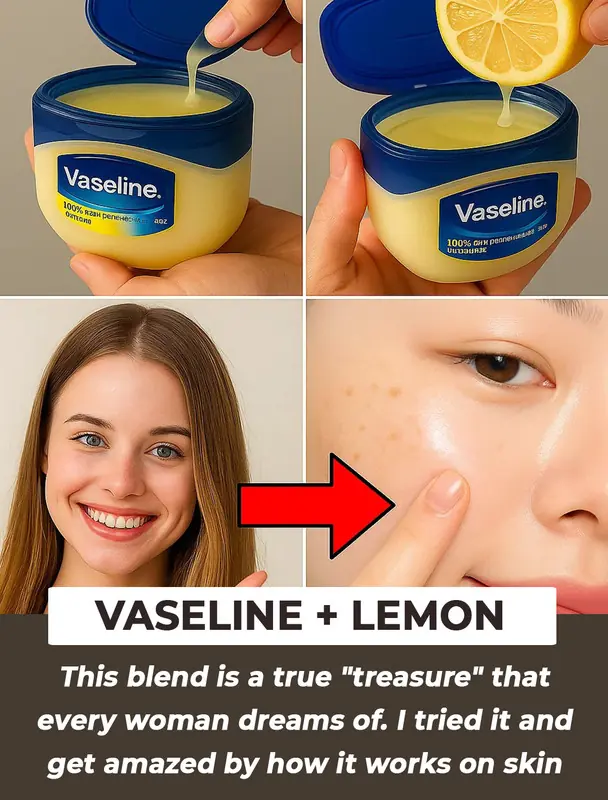
Vaseline and Lemon for Glowing Skin: Unlock the Magic of Nature’s Skin Care Combo

The Hidden Power of Banana Strings: Why You Should Never Remove Them Again

Banish Congestion Now! The Fiery Root That Clears Lungs & Sinuses INSTANTLY

10 DIY Beauty Cubes for Beautiful & Flawless Skin

How to Get Rid of Worms in Humans (Including Parasite Cleanse Diet)

How Two Quiet Hours a Day Can Rebuild Your Brain

13 Warning Signs of High Blood Sugar and 9 Ways to Take Control of Your Health

What Are Tonsil Stones

Powerful Health Benefits of Pineapple You Should Know

Nerve Pain Relief? The Vitamin Deficiency You Never Suspected!
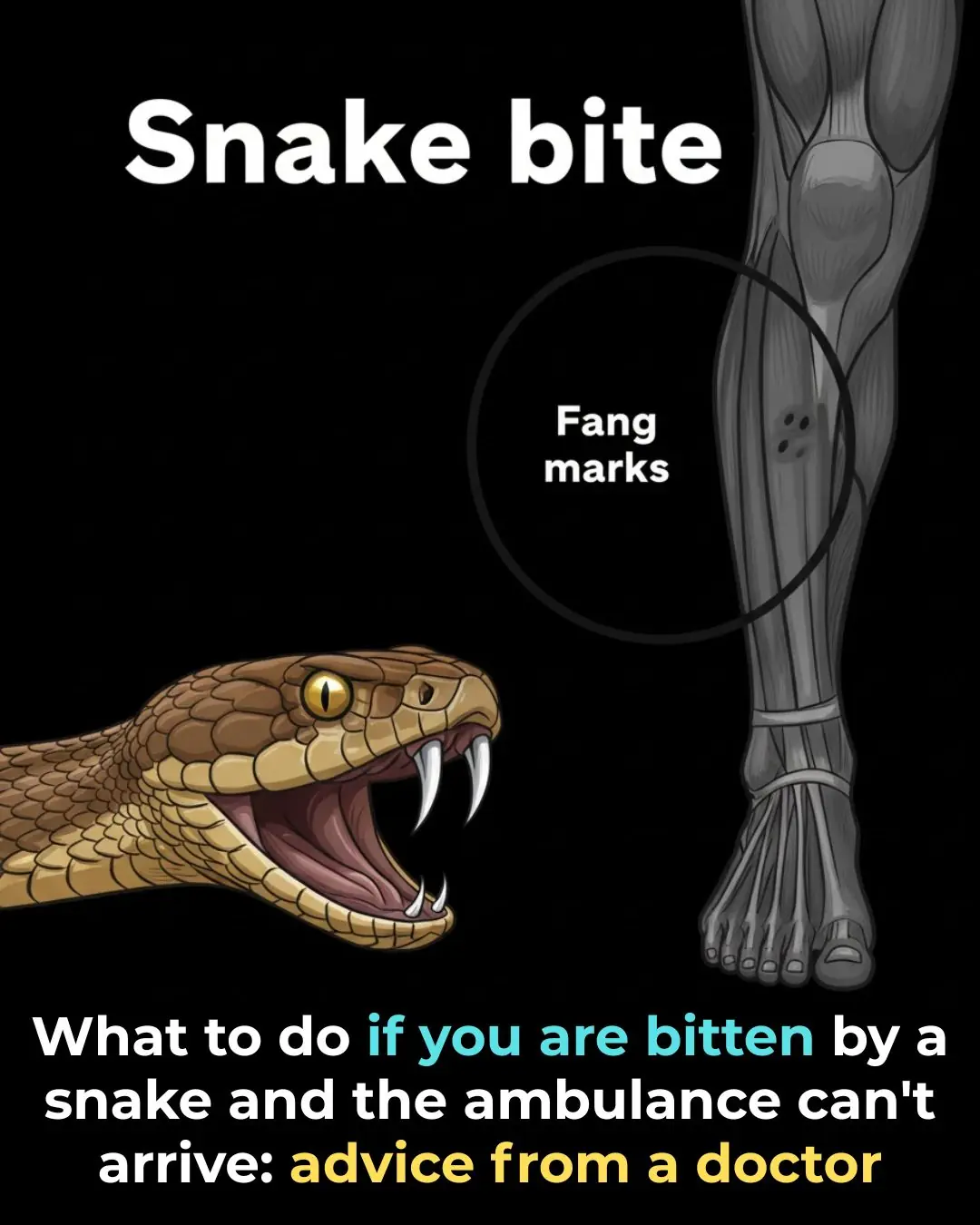
🐍 What to Do If You’re Bitten by a Snake — When Help Is Far Away
